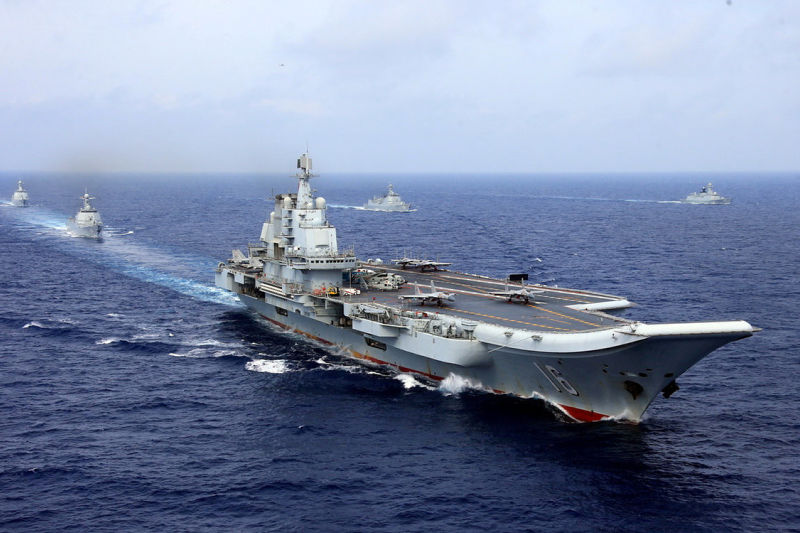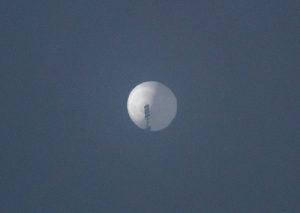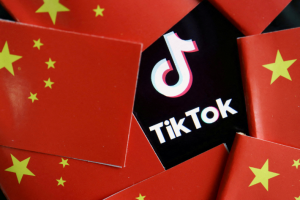Contracts between China’s top state-owned shipbuilding firm and Taiwan’s leading shipping company are lowering the costs of upgrading China’s navy, posing security concerns for Taipei, a US think tank said on Thursday.
China State Shipbuilding Corp (CSSC) is a key producer of vessels for China’s rapidly expanding People’s Liberation Army Navy (PLAN), and is thought to be building its third aircraft carrier.
Taiwan’s Evergreen Marine has purchased 44 vessels from China since 2018, all but two of which were ordered from shipyards that produce Chinese warships, including CSSC, the Center for Strategic and International Studies (CSIS) said in a report.
The Washington-based think tank said foreign companies, including from US allies such as France, also buy ships from CSSC, which Washington has placed on an investment blacklist due to its Chinese military links.
CSIS said while there is limited transparency on the flow of foreign capital in China’s shipbuilding industry, “available evidence indicates that profits from foreign orders are likely lowering the costs of upgrading China’s navy”.
‘Use Shipbuilders in Japan, Korea Instead’
CSIS called the foreign contracts “a tangible threat to national security” for some democracies in the region and said companies should consider US allies South Korea and Japan as alternative shipbuilding partners.
Democratically governed Taiwan has complained of increased military pressure by Beijing, which has never renounced the use of force to bring the island under its control.
The CSIS study included commercial satellite imagery from February 2022 showing at least three Evergreen hulls under construction near China’s newest aircraft carrier at CSSC’s subsidiary Jiangnan shipyard near Shanghai.
Evergreen vessels have also been docked next to Chinese navy cruisers and destroyers, it said.
The imagery “suggests there is direct sharing of resources between military and civilian operations at China’s key shipyards”, CSIS said.
Evergreen said in a statement that all of its containership projects undergo international bidding, and that its contracts with CSSC’s commercial shipbuilding department were “completely different and separate” from CSSC’s military department.
“We believe the civil commercial ship building activities have nothing to do with national naval projects,” it said, adding that it discloses information about its orders to investors and authorities.
China already has the world’s largest navy, with a greater number of warships and submarines than the US.
• Reuters, with additional editing by George Russell
READ MORE:
Philippines to Pay $556m For New South Korean Warships
Indonesia in Military Spending Spree on Jets, Subs
Australian PM Demands Probe After China Naval Laser Scare
























